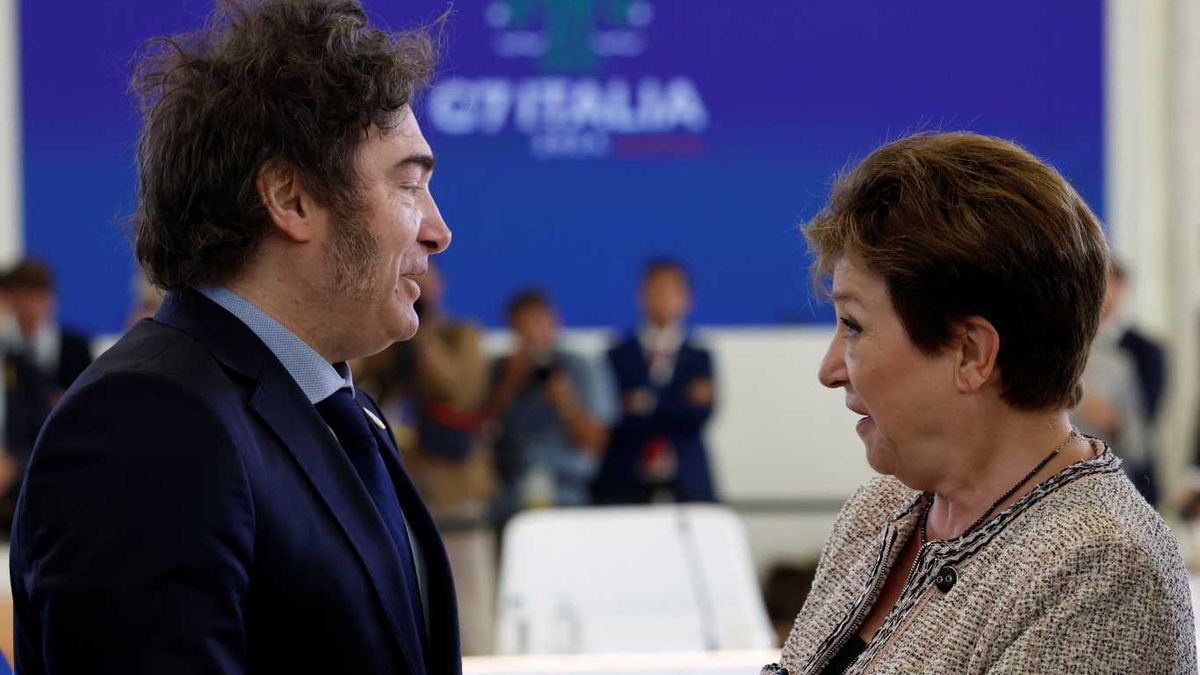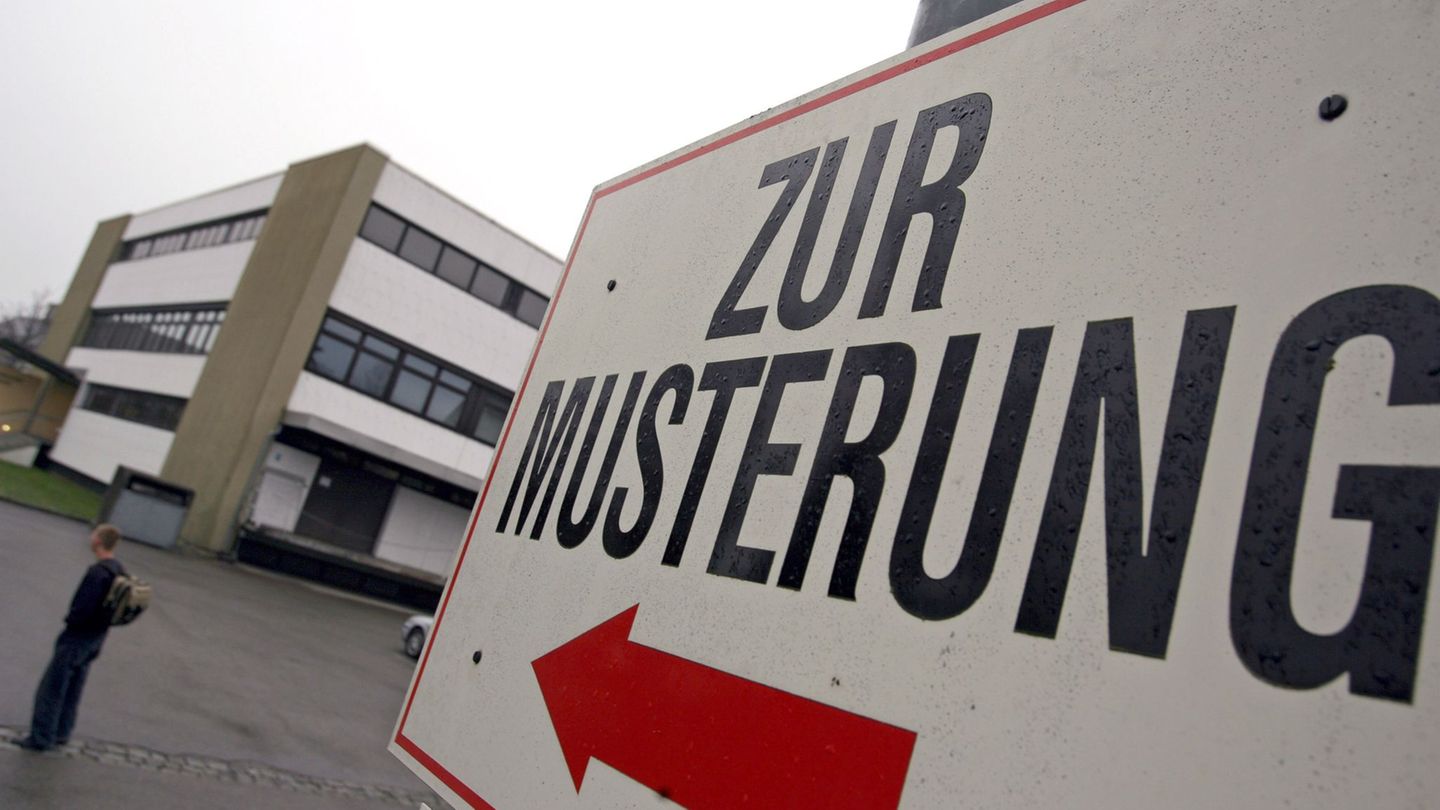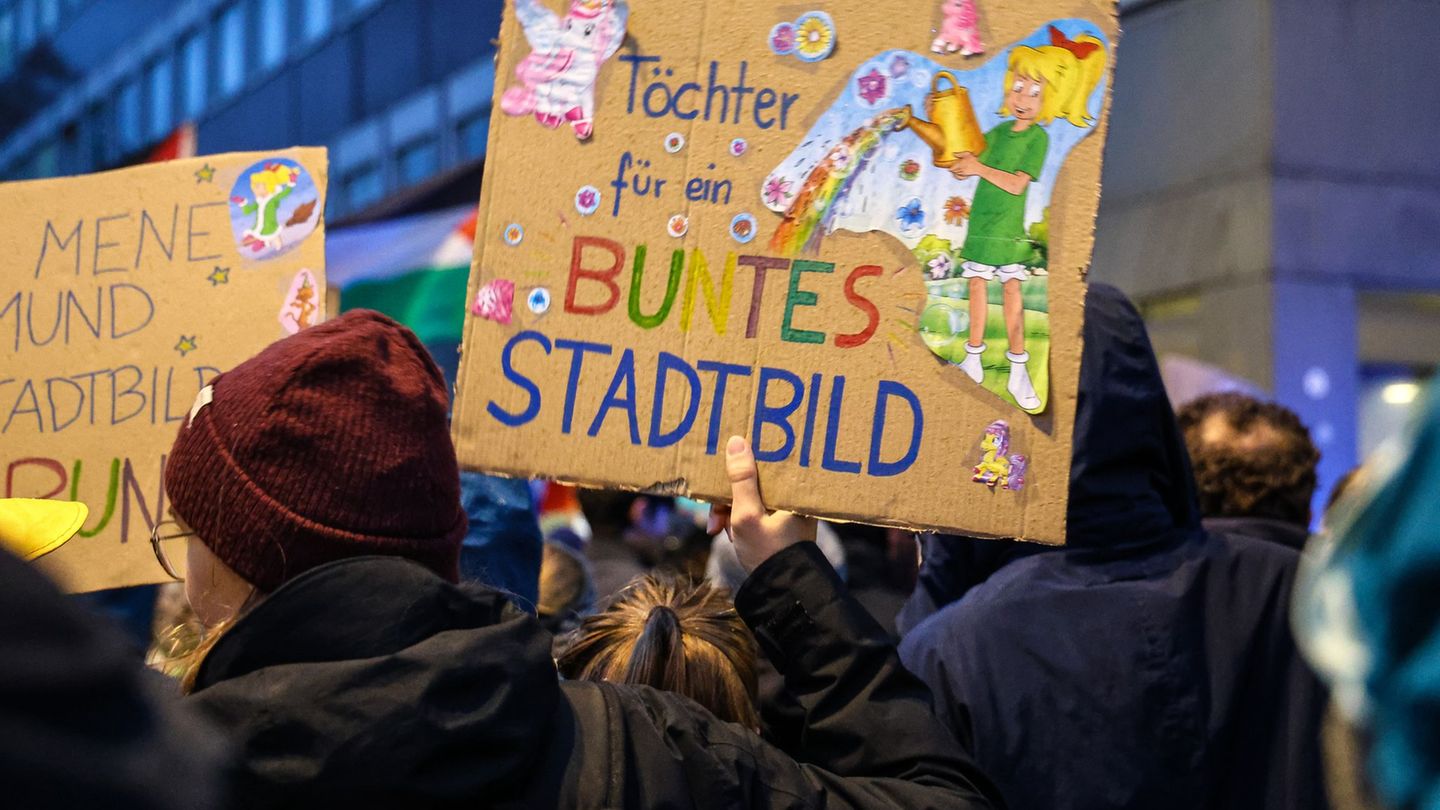On May 8, 2018 the President Mauricio Macri announcement that start conversations with Christine Lagarde, holder of the International Monetary Fund (IMF). This announcement was in coordination with the chief of cabinet, Marcos Peña; his vices Gustavo Lopetegui and Mario Quintana; and Interior Minister Rogelio Frigerio, and after an encounter with the economic team. Who were the members of the economic team? Dujovne in the Ministry of Economy that when assuming creates the position to Luis “Toto” Caputo as Minister of Finance of the Nation in January 2017. Outside the Economics portfolio at the Central Bank was Federico Sturzenegger That, next to Dujovne, they left a road map for the sanitation of the BCRA.
Another point of coincidence is in the procedure to specify this agreement in 2018 and 2025. Let’s review the report was presented by the official agn majority – which rejected the budgetary execution of public accounts during 2018 – and questioned since the opposition of together for change. The auditors Jesús Rodríguez-president of the AGN-, Miguel Pichetto-who was later a candidate for vice president with Macri for the 2019 election-and Alejandro Nieva. The Public Debt Supervision Commission of the General Audit (AGN) said The agreement with the 2018 IMF, signed during the government of former president Mauricio Macri, incurred a “breach of regulated procedures”, did not have risk and solvency analysis and the opinion of the Central Bank, as established by law.
When Milei-Caputo-Bausilli-Sturzenegger-Bullrich-Macri announced the agreement was on April 11 of the current, with the support of the deputies in the Nation Congress, we were almost a month after seven years after the agreement of together for the change/Change, in itself: UCR-CC-PRO (and some Peronists of the PJ).
Now let’s take up economic circumstances in which this agreement is given (2025) with the IMF for an equivalent to 20,000 million dollars.
First Alfonso Prat Gay, on December 15, 2015, devalued and then repealed the exchange measure known as Cepo, which is nothing other than regulating a merchandise that we do not manufacture unlike the “bread” merchandise, we have wheat, water and mills also dollars? We can only get it for commercial balance or external indebtedness, but there is a third variant that are investments. Here we go.
In the case of Milei-Villaruel (plus the PRO, the ruling alliance together with sectors of the UCR and PJ) devalued 120%, on December 12, 2023, but did not deregulate the purchase and sale of dollars that Macri imposed in 2019 with Guido Sandleris (president of the BCRA) and Hernán Lacunza, which replaced Dujovne, after the devaluation of August 12 2019, in that last stretch of management. Between the step and the election Mauricio Macri said: “I have to be calm, not to go crazy because if I go crazy I can do a lot of damage.”
During 2024, devaluation of December and August 2023, they generated an economic recession and therefore not all indicators accompany the government’s story, will Milei be quiet? Toto? Because his announcement on Friday, April 11, as a vector account in his special #16/2025 “It is a new plan, despite the official effort to present it as a “new phase” of the previous one. The demonstration of this is that at no time was the sequence that innumerable times the president, the Minister of Economy and the members of the economic team had described: fall in inflation (first the general level, then the nucleus) to 1.5% monthly, convergence of the monetary base with the broad monetary base, reduction of the “Crawling Peg” 0% and progressive disarmament of the exchange restrictions”
Complementing this change of plan and failure of economic policy The Coninagro report warns the situation of regional economies to February 2025 The traffic light concludes that: Red activities include cotton, rice, cassava, sweet citrus, vegetables, cassava, pears and apples, wine and must and yerba mate. The common denominator of these economies that are in red is that they continue to see the business component of their activity damagedsince prices, in many cases they have dropped or were significantly delayed with respect to inflation and the rise of their costs.
Disposable the backwardness, but it is not the point of this column, in this context, if those activities were red, in yellow are: birds, cattle, grains, forest, milk, honey, potatoes, pigs and tobacco. A productive and entrance policy is missing, will it be the solution for these sectors, let imports such as the tomato from China, or Uruguay butter, Paraguay’s fries, the creamy corn of Brazil, Tailand’s tuna? This is bread for today, hunger for tomorrow. When the importers Barran with the local competition, they will set the price, without competition.
Returning to the economic circumstances of how a loan is requested from the IMF in 2018, Macri and Gabriela Michetti, they adopted the measures that were going to solve the economic problems of the previous management were found (as seen in the portfolio investment graph) with a strong income of this type of Non -resident portfolio investmentswhich are generally speculative, which had a peak in May 2018 with a graduate for almost 2.4 billion, failed to compensate for revenues. This speculative crisis crystallized in the fall of reservations in those months for almost 12,000 million dollars. Without stocks. But how to counterpart the direct investments of non -residentsthat would be the equivalent of investments in the real economy (industry, construction, agriculture and commerce) did not show exhaustion or alarms. The need and urgency of Macri came due to financial speculation and high rates.
In the case of Milei-Villaruel-Macri the issue began by the real part of the economy and not so much by the portfolio investment -Speculation financial- of non -residentsdata recorded by the BCRA in its reports of the evolution of the exchange market and exchange balance. In the non -resident portfolio investment graph We observe that there is no great income or a greater exit, in the May 2018 style, but to begin to grow from May 2024. What grew was the discharge of The direct investment of non -residentsbetween December 2024 and February 2025, about 2.2 billion dollars were. If we add the loss of reserves, the urgency of change of plan was because non -residents do not bet on a recovery in the economy based on a productive basis but more of a marketing nature based on imported products. Stop manufacturing in Argentina. Some may argue that “the Argentine economy is nationalized”, it may be, but the real thing is that the non -residents were liquidating their assets and leaving the national economy. We will have to wait for the March data of the BCRA. A data of the graph that must be highlighted, is that, of the direct investments of non -residents, the months December 2024, January and February 2025, the magnitude of the discharge is something that is not seen throughout the series, during the 21st century.
A second point in common between 2018 and 2025 is the road map raised by IMF. The synthesis of the first government program (2018) Pro was to reduce the fiscal deficit, via tax adjustment as an anchor. Protect the most vulnerable segments of society. The second Pro Government in alliance with Milei in 2025 decided to increase the AUH and feed card by 300%, following the IMF guidelines. Clean up the Central Bank and its short -term liabilities and stop financing the Treasury.
However, according to the IMF on April 12, 2025: “Milei implemented a stabilization plan focused on a solid fiscal anchor, an important initial devaluation (followed by a mobile parity exchange rate) and an ambitious deregulation agenda.” The IMF admits the problems of balance of payments, which in DNU 179/2025 says it is the cause of inflation. The objectives for this program: i) maintain the fiscal anchor; ii) Transmit to exchange flexibility and elimination of exchange restrictions -CEPO-; iii) reforms to improve productivity, competitiveness and governance (in Creole labor flexibility, pension reform and privatizations).
These are the bases for which the IMF, the Ministry of Economy in the facts, may in a short term make Argentina return to international capital markets to obtain funds and pay the accumulated debt which today represents concern in the IMF Staff. Because the instrument to make the reforms that will come will be the Base law.
UBA economist, a teacher and unala
Source: Ambito
David William is a talented author who has made a name for himself in the world of writing. He is a professional author who writes on a wide range of topics, from general interest to opinion news. David is currently working as a writer at 24 hours worlds where he brings his unique perspective and in-depth research to his articles, making them both informative and engaging.




